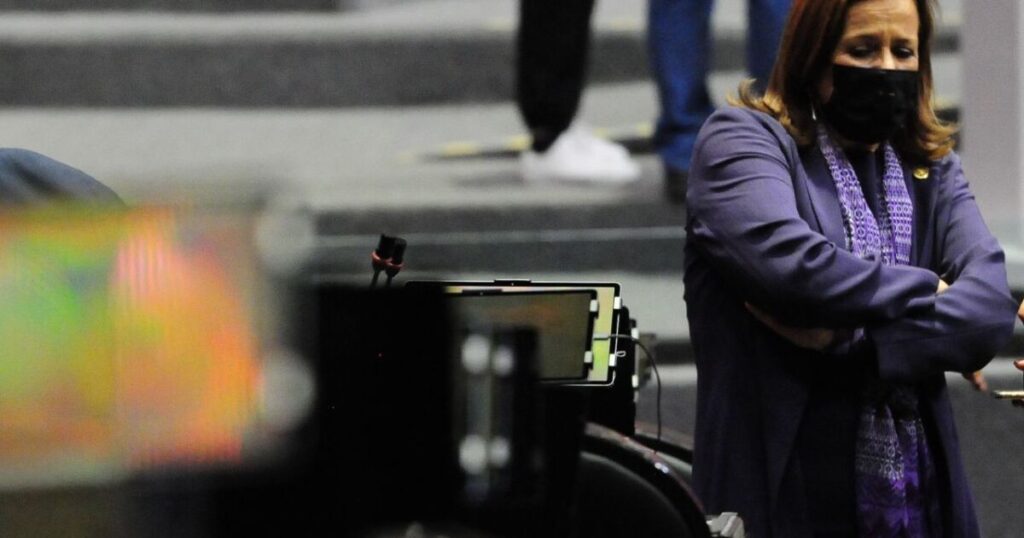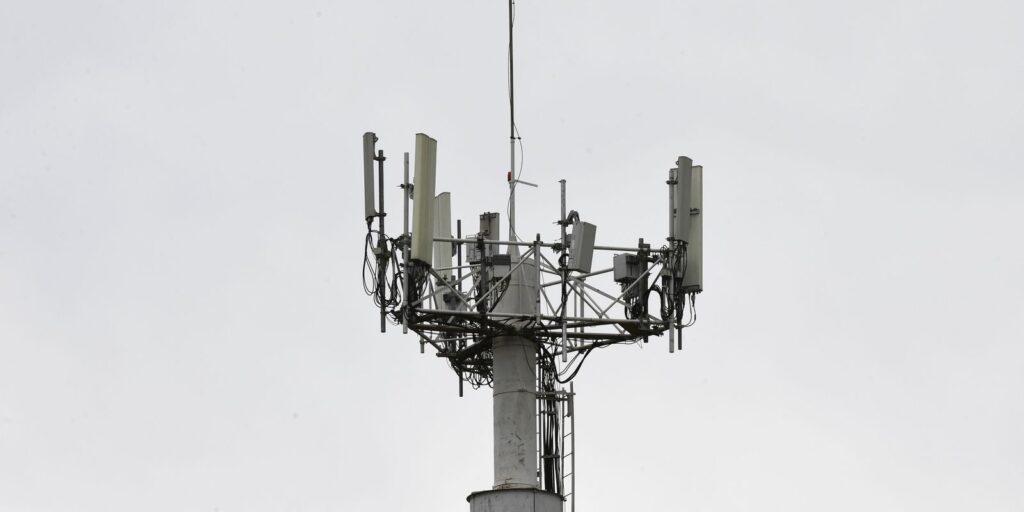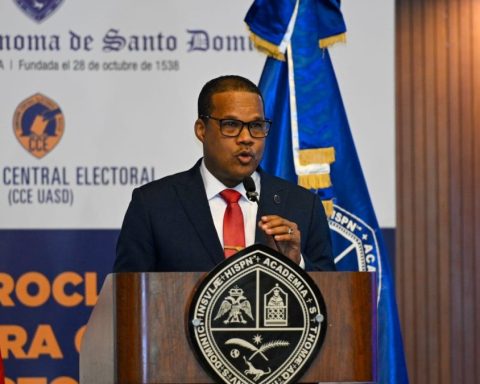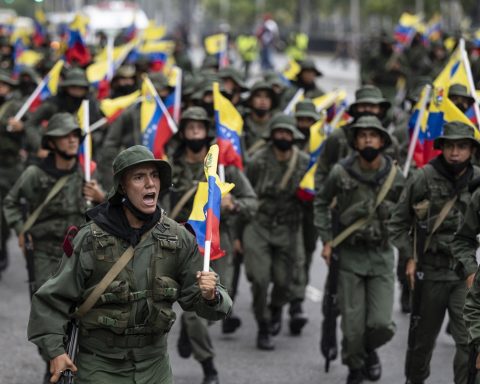Today begins a new round of turns of the Solidarity Income program. The initiative, which was born as a government response to the pandemic to support the most vulnerable households, will now begin to shelter nearly a million more families, to a total of 4.08 million households, and increased the monthly turnover by $30,000, with which families will receive up to June $190,000 per month, an increase of 18% in response to current inflation.
(New cycle of Solidarity Income payments begins).
Starting in July, on the other hand, some of the amounts for Colombian families will also be increased, depending on the Sisbén beneficiary selection mechanism, and the number of people who make up the households.
The program to date accumulates a investment of $12.9 billion, which makes it the monetary transfer to which the current government has allocated the most resources. Although the efforts have been onerous, they have also generated different opinions about the impact it has on spending, and therefore, on the country’s fiscal situation.
(These are the grant payment dates in March 2022.)
In recent days, the director of Fedesarrollo, Luis Fernando Mejía, referred to this issue at an event organized by the economic studies center Anif, and said that fiscal adjustment is required not only on the income side, but also in terms of spending.
“The coverage of social programs is almost 30 million Colombians, it is a very important level of coverage, but I do not know how sustainable it is to have subsidies for 60% of the population in Colombia. On the spending side, we have to adjust ourselves, so that we can have more sustainable public finances that allow us to recover the investment grade,” Mejía assured.
Likewise, Mauricio Santamaría, president of Anif, agreed with this position, and assured that “this situation is not sustainable, and we have to look at it, but reducing 2.5 points of spending is impossible for a single government, and more so when it is a reduction of investment”, and that will be a task for the incoming government.
TOTAL INVESTMENTS
The monetary transfers that exist today are not something new, since about 20 years ago they started with Jovenes en Acción and Familias en Acción. But since the pandemic began, at least 40% of the investment has been made.
According to the Department of Social Prosperity (DPS), in this government and as of March 1, 2022, there have been invested $32.2 billion in the five monetary transfer programs that the State has. In addition to the $12.9 billion of Solidarity Income, $8.4 billion have been provided for Families in Action, $2.39 billion for Youth in Action, $7.07 billion for Colombia Mayor and $1.45 billion for VAT Compensation.
POSITIVE IMPACT
Other positions emphasize the impact of transfers as fundamental at this time. Roberto Angulo, founding partner of the Inclusion SAS firm, assured that in programs such as Solidarity Income there is an optimal targeting of resources, and that it is even there where there could be “a greater cost effectiveness.”
According to Angulo, what should be done is a review of spending in general. “What may be onerous are other items or atomized policies that do not have support or evidence on poverty reduction. You could look, for example, within the DPS, at the budget that is not earmarked for cash transfers, both conditional and unconditional,” he said.
According to Angulo, the transfers cannot be left as they are, and it is necessary “both the expansion and the adjustment for inflation, and it cannot be stopped because inflation is hitting poor households hard, and if you want to look for resources there are ”, and added that “it may be too early to start restricting these transfers due to fiscal deficit issues, being able to make cuts elsewhere”.
From Corficolombiana an analysis was carried out on the measures that the government has presented to mitigate inflation. The entity recognizes that although the reduction in the tariff on inputs has a limited impact on the price, the expansion of Solidarity Income remittances could more directly alleviate the impact on the poorest households.
Juan Camilo Pardo, an economic research analyst at Corficolombiana, said that “we do not know if the inflation shock is going to be transitory or more permanent than previously believed, and we see that this increase in coverage and adjustment for inflation is not sustainable.” in time for public finances given the need for greater spending that this implies”.
LAURA LUCIA BECERRA ELEJALDE
BRIEFCASE


















